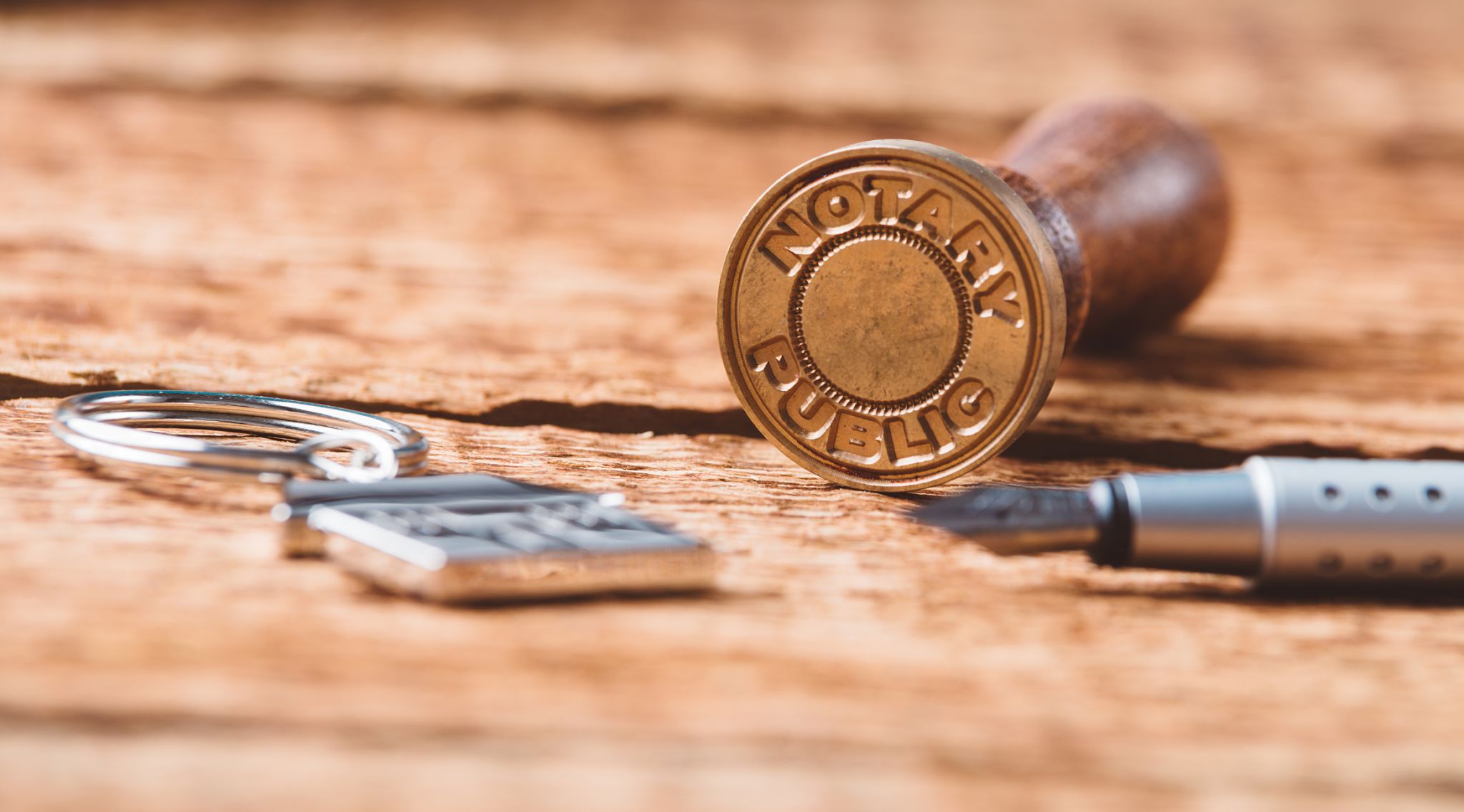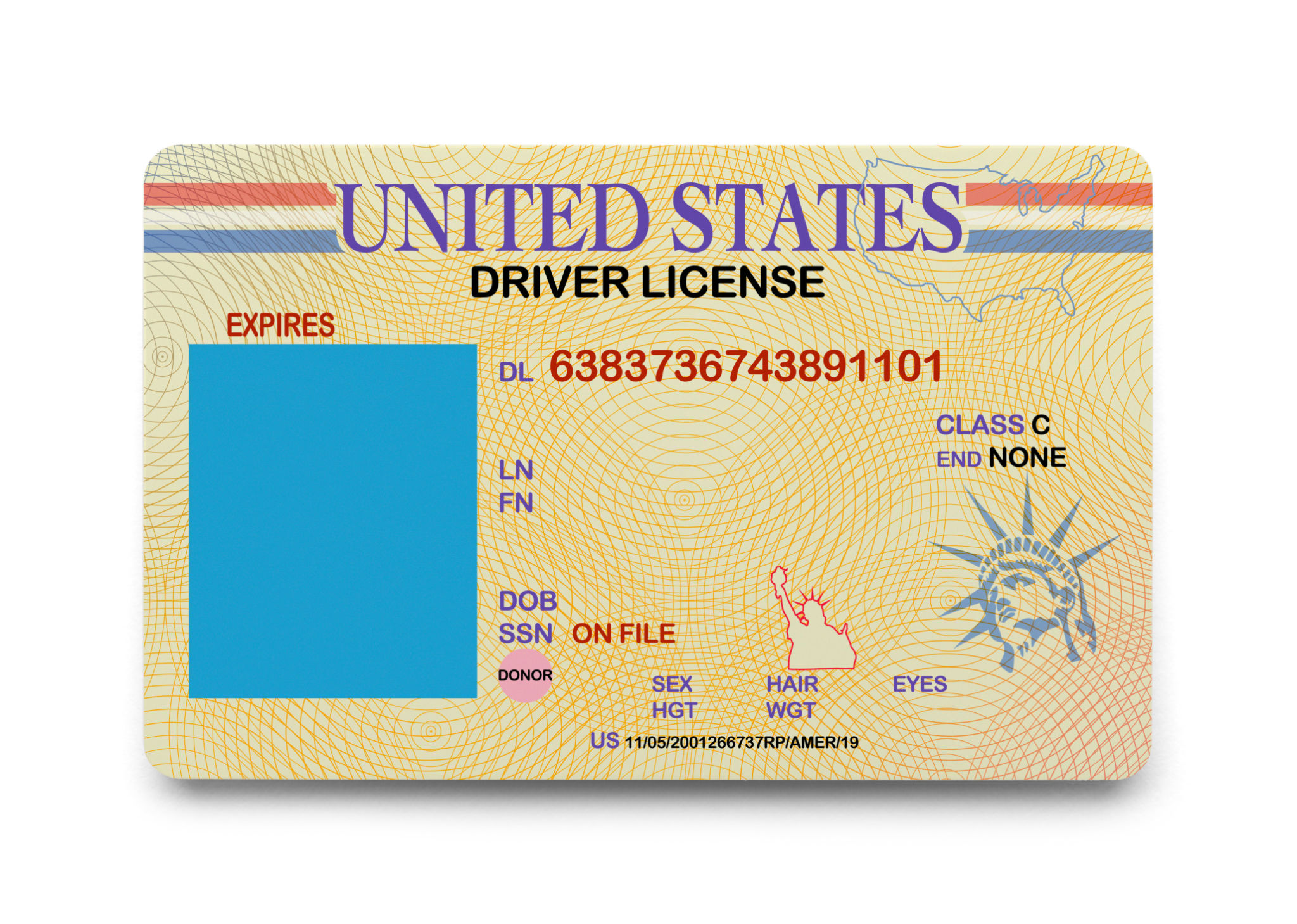Notarizing Documents in Florida: What You Need to Know
Understanding Notarization in Florida
In Florida, notarization is an essential process for validating important documents. A notary public acts as an impartial witness to the signing of documents, ensuring that all parties involved are who they claim to be and that the documents are signed willingly and without coercion. This process helps prevent fraud and adds an extra layer of trustworthiness to legal documents.

Commonly Notarized Documents
Various types of documents require notarization in Florida. These include:
- Real estate deeds and mortgages
- Wills and trusts
- Powers of attorney
- Contracts and agreements
- Affidavits
It's crucial to ensure that these documents are properly notarized to avoid any legal complications in the future.
The Role of a Notary Public
A notary public in Florida is responsible for verifying the identity of signers, ensuring that they understand the document's contents, and witnessing the signing process. They also confirm that the signers are not under duress and that they are signing of their own free will. It's important to note that a notary public cannot offer legal advice or prepare legal documents unless they are also a licensed attorney.

Steps to Get a Document Notarized in Florida
If you need to have a document notarized in Florida, follow these steps:
- Locate a Notary Public: Notaries can be found at banks, law offices, and through mobile notary services.
- Prepare Your Document: Make sure the document is complete and ready for signing.
- Provide Identification: Present valid photo identification to the notary public.
- Sign the Document: Sign the document in the presence of the notary.
- Receive Notarization: The notary will complete the notarization by adding their signature, seal, and commission details.
Requirements for Notarization
In Florida, there are specific requirements that must be met for a notarization to be valid. The signer must appear in person before the notary public, and the document must be signed in the notary's presence. Additionally, the notary must verify the identity of the signer using acceptable forms of identification, which include state-issued IDs, passports, or military IDs.

The Cost of Notarizing Documents in Florida
The cost of notarizing documents in Florida can vary. State law sets a maximum fee that notaries can charge: $10 per notarized signature for most documents. Additional fees may apply for mobile notary services or other special requests. It's advisable to confirm fees with your chosen notary before proceeding with the notarization process.
Remote Online Notarization
Florida has embraced technology by allowing remote online notarization (RON), providing a convenient option for those unable to meet a notary in person. This process involves signing and notarizing documents electronically via a secure online platform. It's essential to ensure that the notary offering RON services is authorized by the state and that all required technological and legal standards are met.
Understanding the notarization process in Florida ensures that your important documents are handled correctly and legally binding. Whether choosing traditional or remote notarization, following these guidelines will help ensure a smooth and efficient experience.